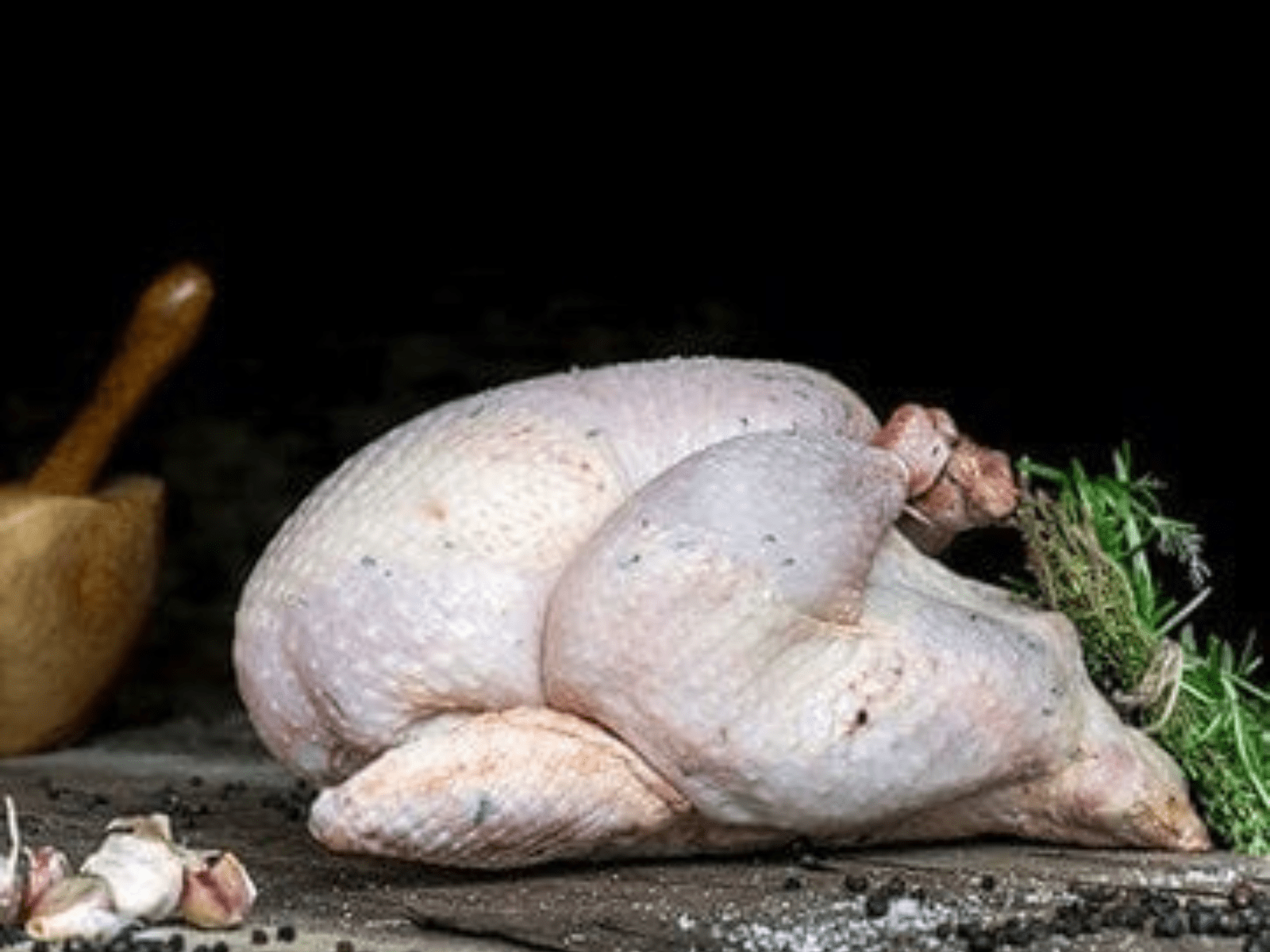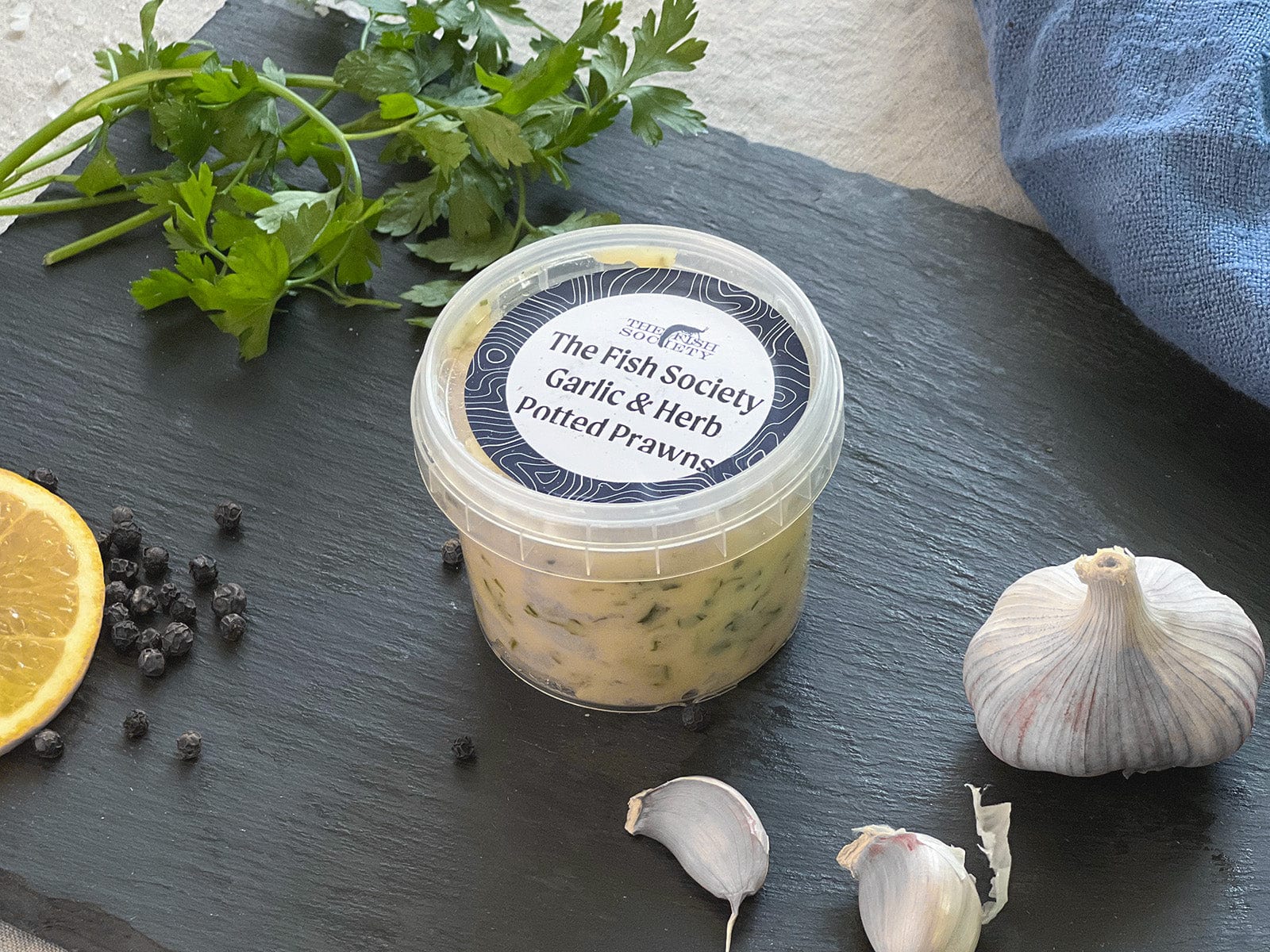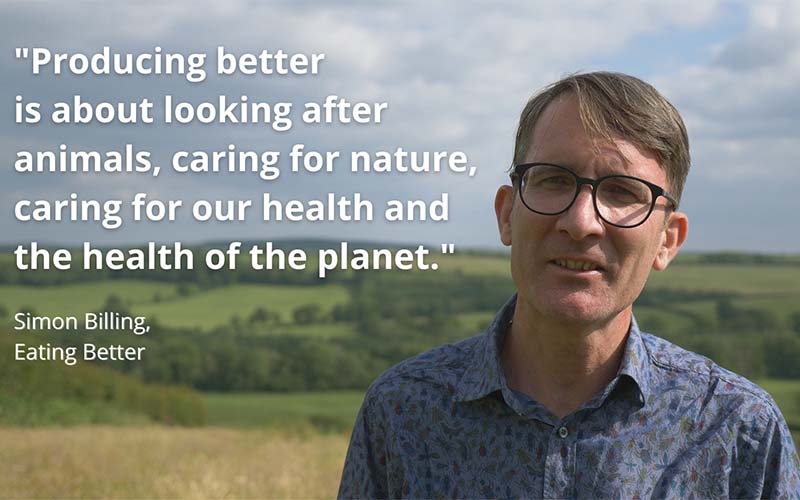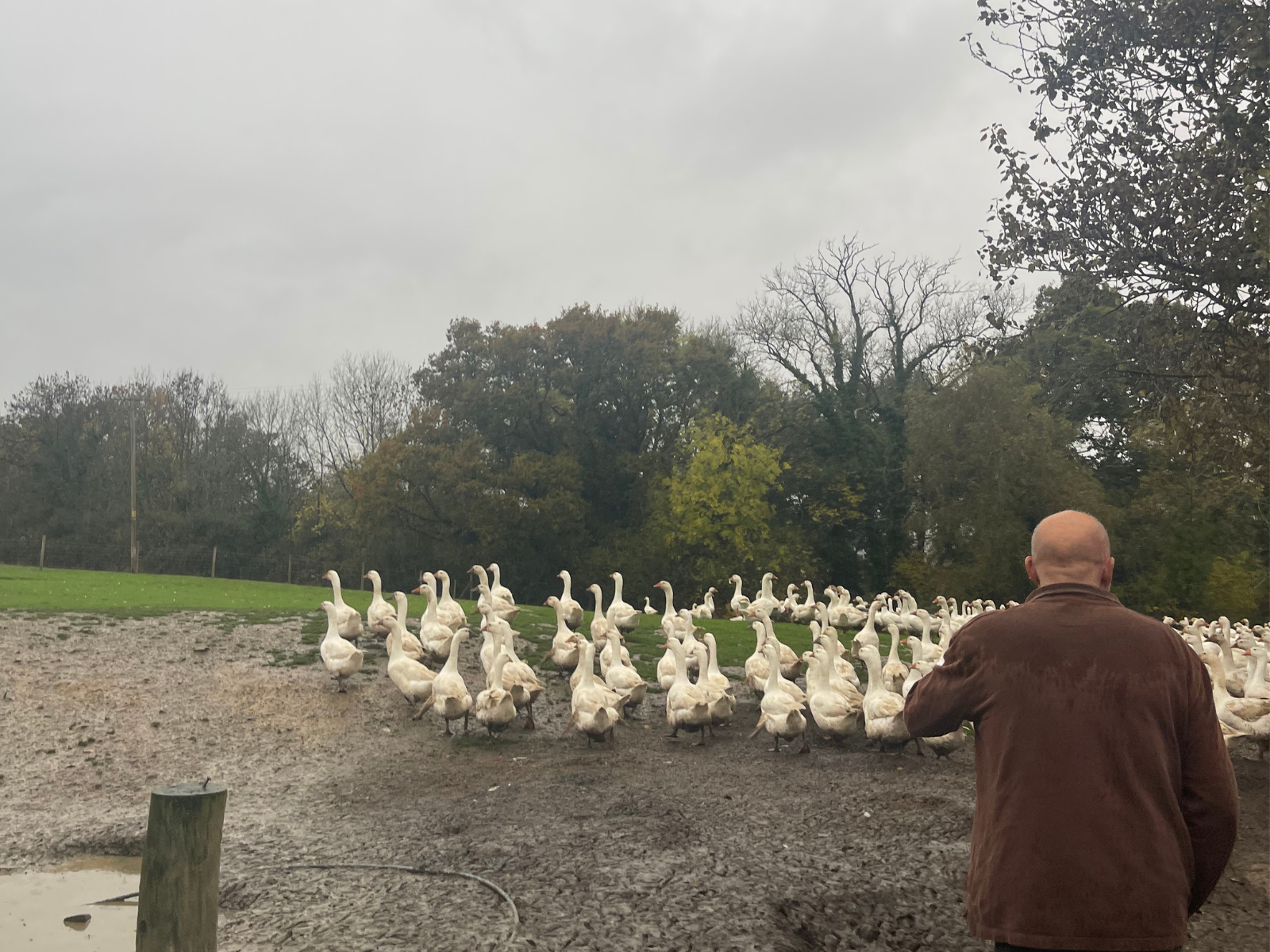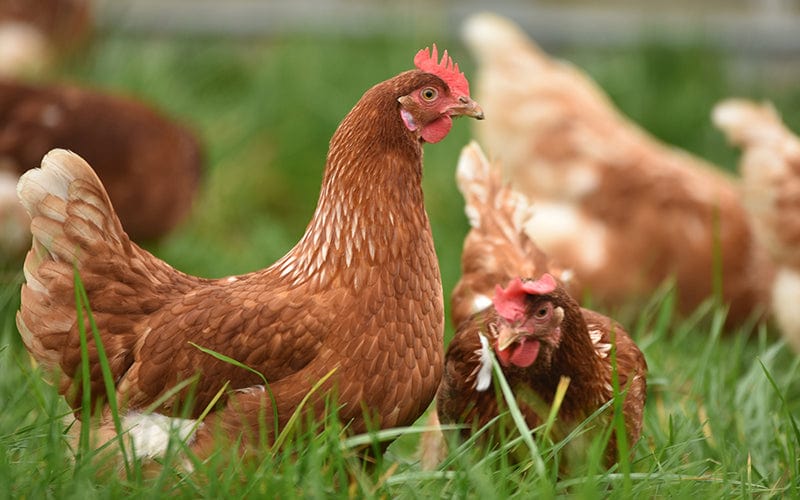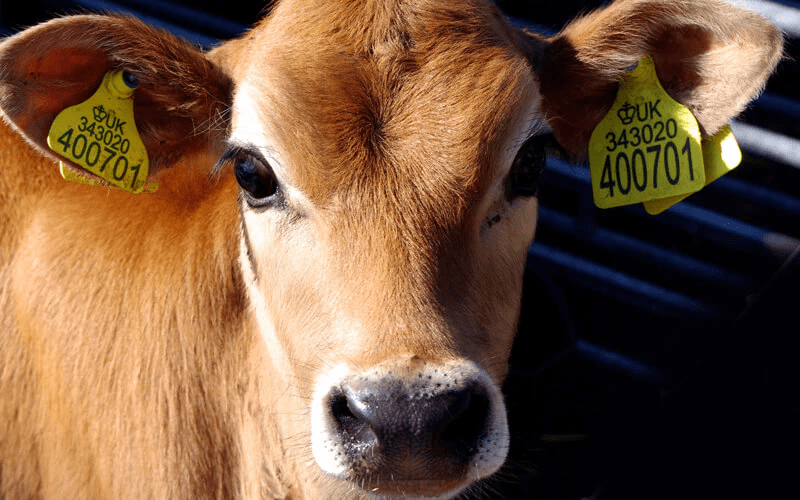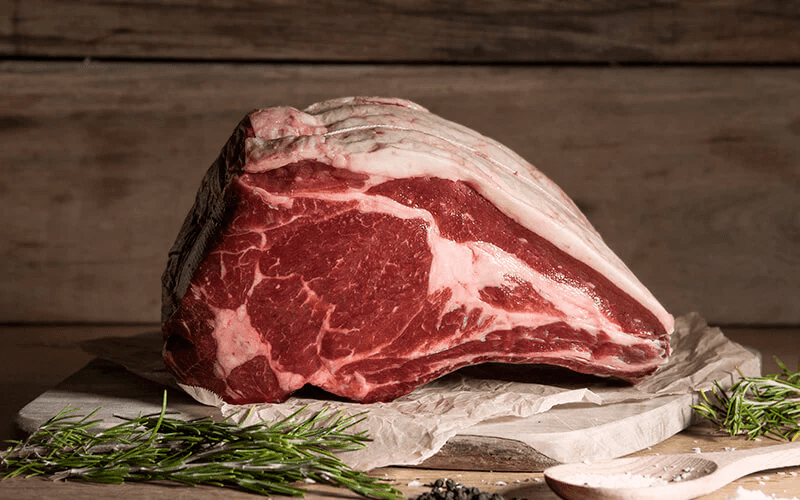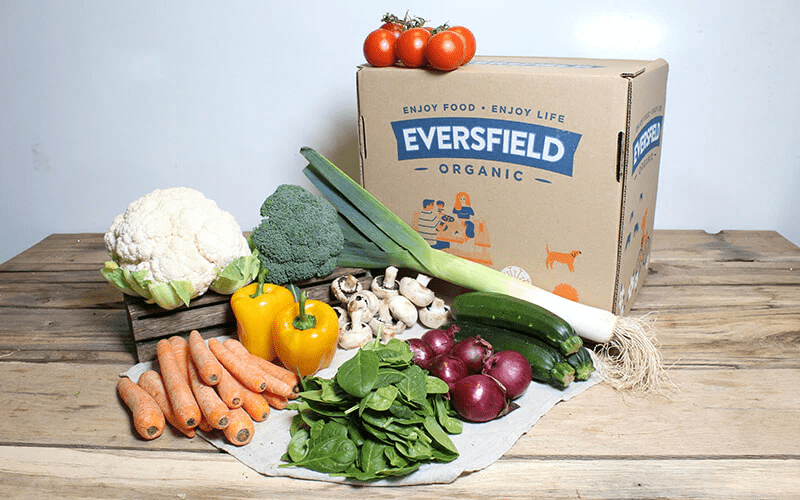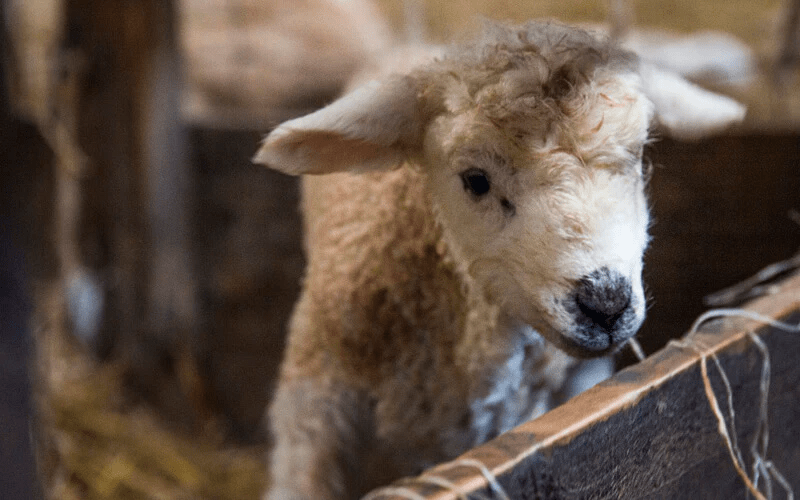Would You Sprinkle Chemicals on Your Carrots?
Our Fifth Organic September Article Explains Organic Farming and Reduced Pesticides
We’ve already discussed a lot of the benefits of organic this Organic September, from higher animal welfare standards to the health benefits of eating organic food. Although the Organic September campaign (headed up by the Soil Association) is coming to an end, we have a few more important aspects of organic farming and food production to highlight. Organic September is a month-long campaign that aims to explain the importance of organic farmers and producers in protecting nature, wildlife and the planet. However, the benefits of organic span longer than a single month, as switching to organic as a lifestyle change has a whole load of advantages of its own. One of these advantages is reducing your exposure to harmful, artificial pesticides and herbicides…
Reducing Exposure to Pesticides
We already know that organic farming helps to battle climate change in more ways than one. One of the ways that organic farms help to lower the risk of environmental pollution and reduce greenhouse gas emissions is by the restricted use of manufactured chemical fertilisers and herbicides. These are produced from burning fossil fuels which, as we know, is one of the biggest contributors to pollution.
Certified organic farmers and producers are severely restricted in their use of chemical fertilisers, herbicides and pesticides. They manage pests using ecological methods, creating a natural balance between plants and animals to prevent pests. This balance also helps to naturally fertilise the soil, utilising composting as an organic fertiliser to successfully grow organic fruit and vegetables free from artificial chemicals.

In the UK, around 400 man-made pesticides are used in farming and food production, which is found to be present in non-organic food. Even once washed and cooked, some artificial chemicals (such as weedkillers) are still found in non-organic produce. By choosing organic, you’re choosing to limit your exposure to such pesticides, herbicides, additives and preservatives.
At Eversfield Organic
Like other organic farms, we don’t use man-made, artificial fertilisers, pesticides or herbicides. Our waste produce is carefully composted by our team at the Market Garden to return nutrients to the soil. This nutrient rich soil is then naturally fertile, producing delicious, nutritious and organic vegetables and fruits.
We also plant pollinators to attract as much wildlife as possible. We rely on the intricacies of the food chain to naturally deter pests with our integrated pest management control programme. Bees and flies have been protecting our crops from aphids for a while now, and recently the team introduced ladybirds too.
Our herd of Aberdeen Angus heritage cattle keep our pasture naturally fertile too, meaning there is no need for anything artificial. This also means our grass fed, organic meat is free from nasties in a full field to fork journey. Grass feeding our cattle and allowing for the most natural lifestyle possible also means we do not need routine antibiotics for our animals. This in turn ensures unnecessary antibiotics do not enter the food chain.





